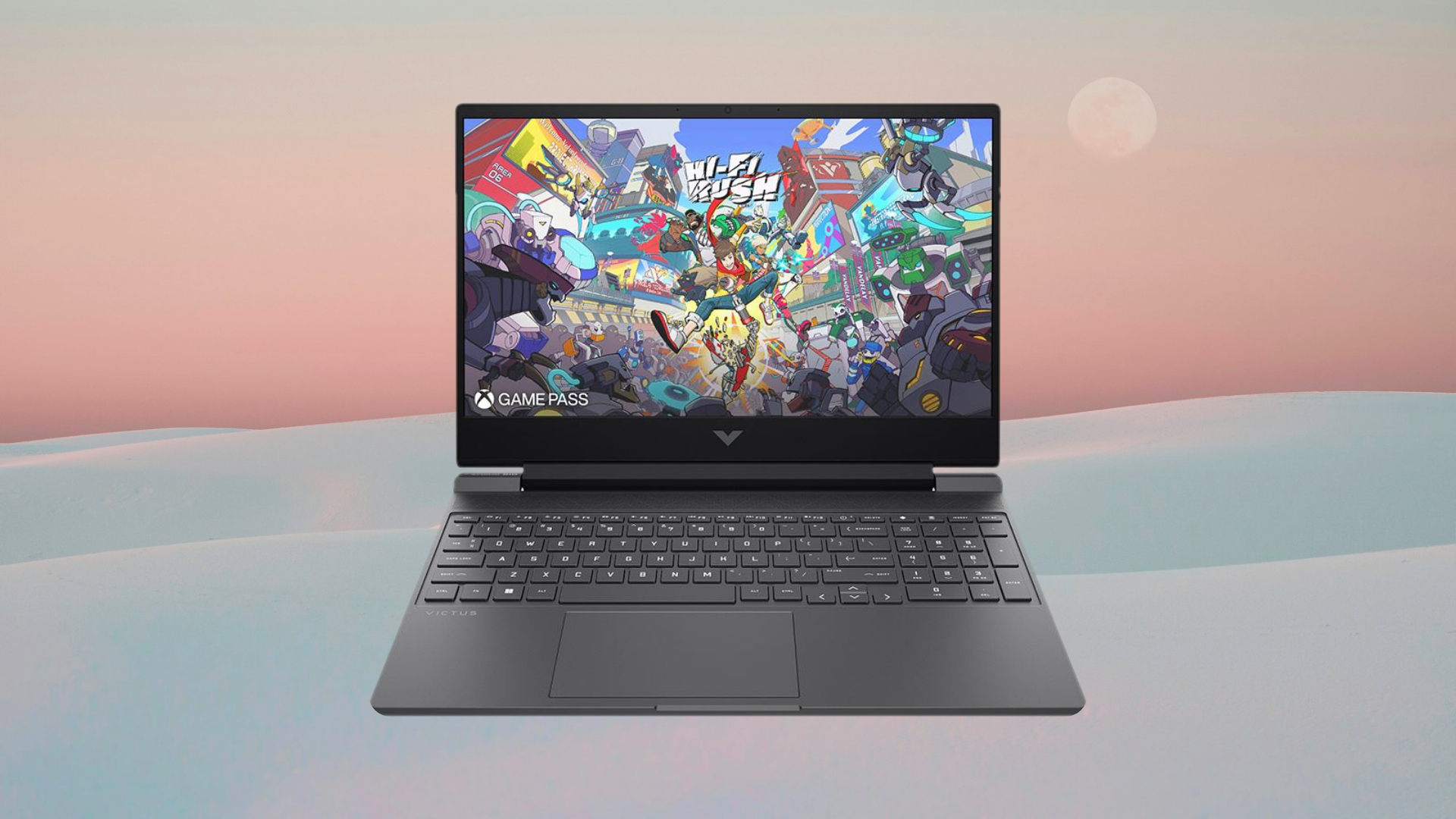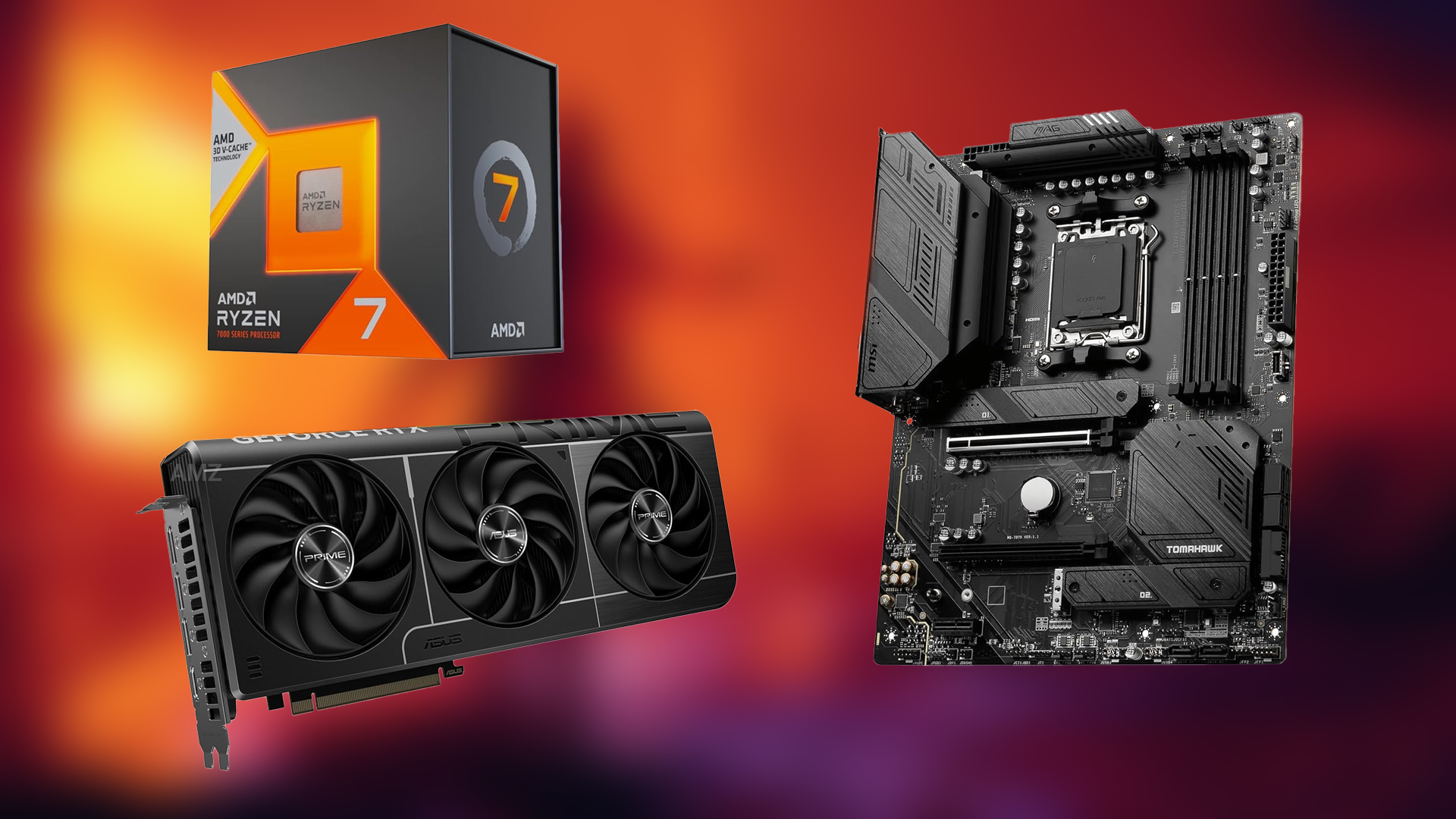Are you looking to build a new system with used parts? We have compared the Core i7-13700K with the AMD Ryzen 7 7700X.
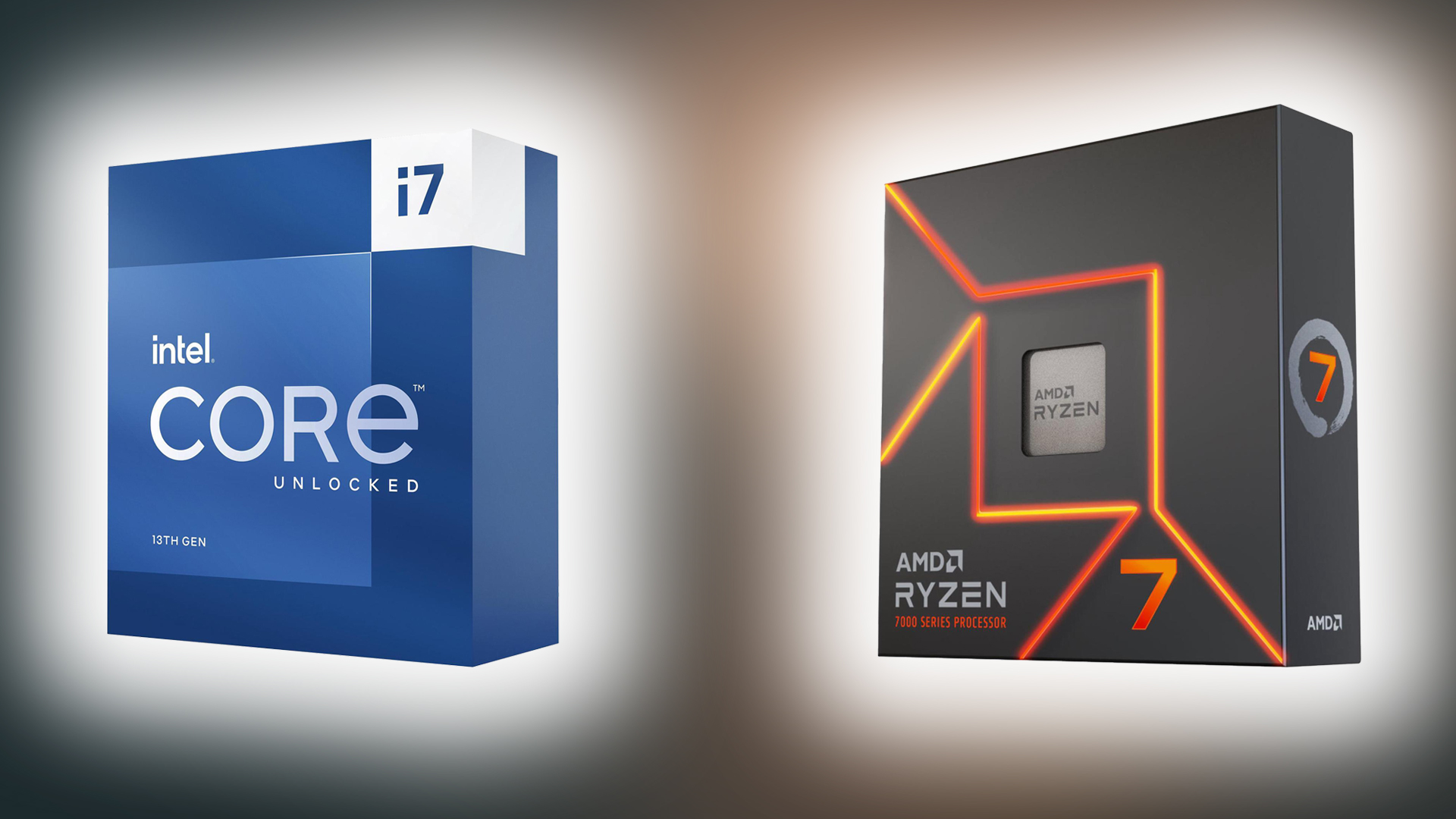
The CPU market in the upper mid-range market looks promising in 2025, meaning we have healthy competition from both Intel and AMD. What happens when there is healthy competition? – You guessed it correctly: consumers win, i.e., we have lower prices, both on the retail side and in the used market.
Both companies follow the same nomenclature; their seven-series products are segmented for the high-end grade category. When the 13700K and 7700X launched, their overall reception was mixed. Fast-forward to today: They are old, yes, but they are still ridiculously fast CPUs—enough to do almost anything you throw at them, such as gaming or productivity.
Our article compares the pros and cons according to the manufacturer’s official data and helps readers decide which is better for their needs. Both of these are excellent gaming options, so picking either would be great. If your focus is specifically gaming, you should consider reading our latest article, which compares the Core Ultra 9 285K with the Ryzen 9 9950 X3D.
Note: The pricing information in this article is subject to change. The data we are using is dated 23 March 2025. We picked the 13700K and 7700X in this comparison because these CPUs represent previous generations offering a high-end experience. Their current pricing is hard to pass up, and models such as the 14700K / Ultra 7 265K / Ryzen 9 9700X have minimal enhancements. Lastly, always tally the specifications from the manufacturers to be on the safer side.
Intel Core i7-13700K vs AMD Ryzen 5 7600X – Design, Strengths, Performance, and Tradeoffs
Intel Core i7-13700K
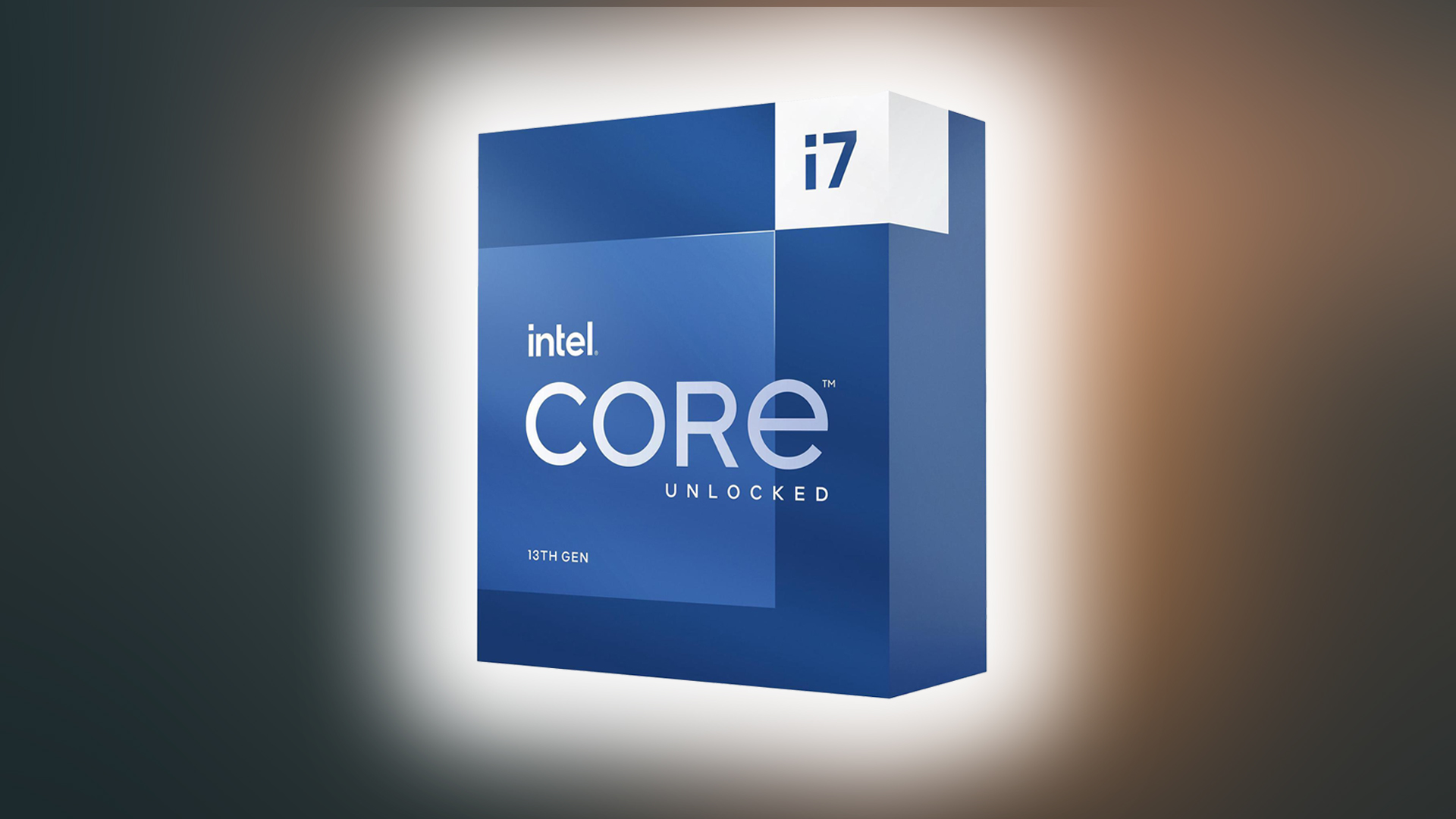
- Structure – Hybrid CPU architecture with 8 Performance Cores and 8 Efficiency cores.
- Core Configuration – Hybrid.
- Lithography – 10nm node (Intel 7)
Strengths:
- Multithreading Capabilities—This feature ensures a perfect balance between gaming and productivity, making it perfect for streamers on a tight budget. The iGPU supports Intel QuickSync, helping with video editing and serving as an encoder for streaming, thus offloading the task from the GPU.
- Memory Flexibility – Supports DDR4 and DDR5, depending on the motherboard you combine it with.
- Turbo Boost – Up to 5.4 GHz on P-cores for short bursts.
- Supports Intel Thread Director.
- Supports Intel Dynamic Tuning.
- It’s easy to snag a used deal for approximately $220. That’s retail pricing for a 14600K product that is entirely a tier below the 13700K.
- You can run it on mid-range air coolers, such as the AK400 from DeepCool.
- You can overclock it to bridge the performance gap with the 14700K.
- It can handle any high-end GPU up to RTX 5080 without issues. Halo products such as the RTX 5090 need a highly tuned 14900KS / 9800X3D to run without bottlenecks.
Weaknesses:
- Power draw issues are present, but they can be tweaked with a quick undervolt.
- LGA 1700 has reached the end of its life.
- Prone to oxidation issues, as confirmed by Intel.
- There is a lot of untapped computing potential, which a low-latency DDR5 above 6400 MHz can fix.
- A good motherboard to tune RAM timings and apply stable overclocks will be costly. Z690 and Z790 boards that offer reliable overclocking tend to be expensive.
- Any tuning that goes against the manufacturer’s recommended policies will void your warranty. If you plan to get a new CPU, you might reconsider tuning it.
- New 13700K CPUs retail at around $505, which is much higher than the 14900K.
AMD Ryzen 7 7700X
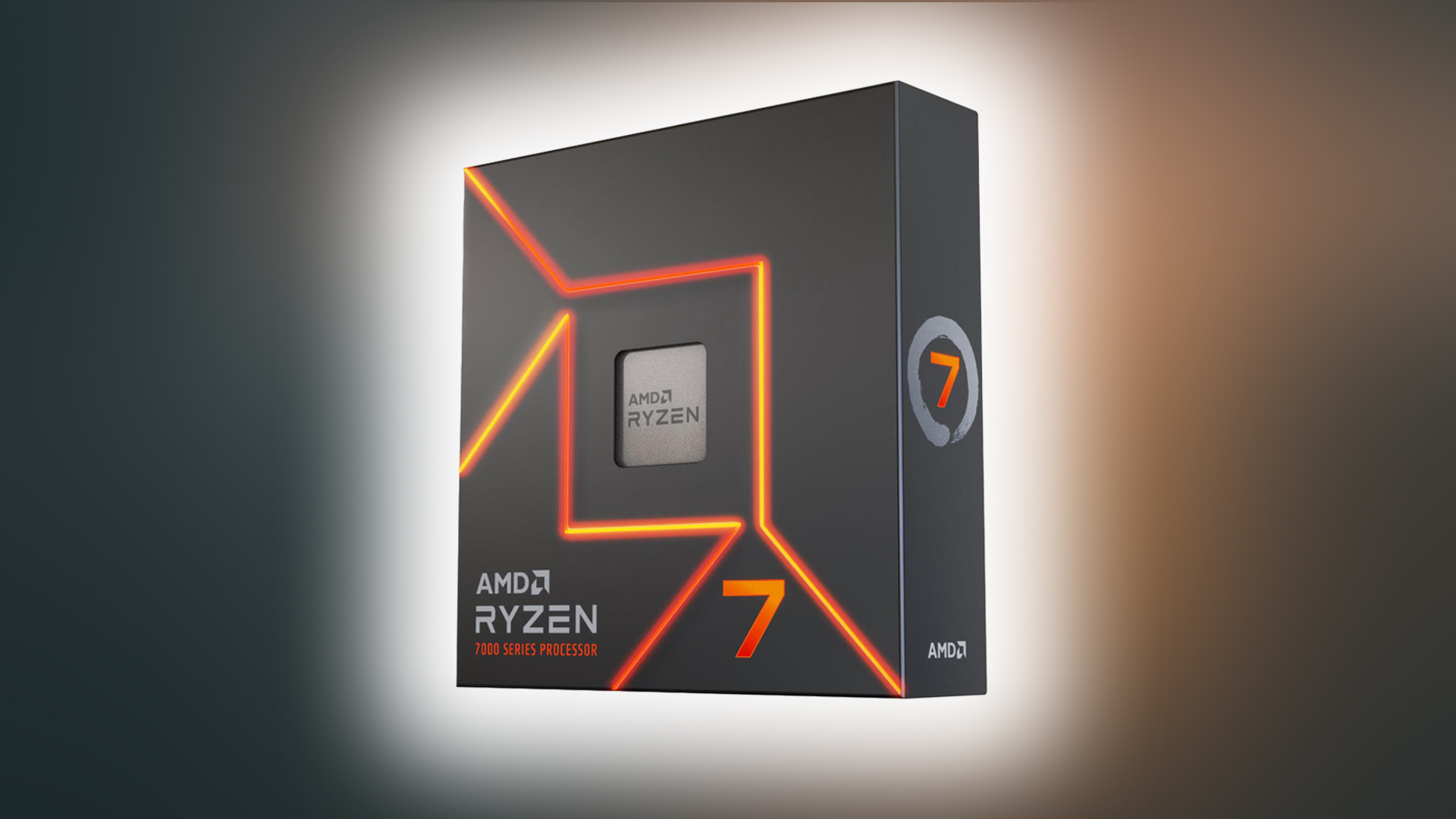
- Structure – Single Core Complex Die (CCD) with 8 active Zen 4 cores and an I/O die.
- Fabrication – TSMC N4P (5nm).
Strengths:
- Delivers solid multithreading capabilities despite having only 8 cores and 16 threads and excellent single-core performance.
- Amazing power efficiency.
- Like the 13700K, it can easily pull any high-end GPU up to RTX 5080 without issues.
- The AM5 platform is evolving, and AMD has confirmed support until (2027)
- Like its younger brother, the 7600X, it too can be tuned even on cheaper motherboards
- There is lots of headroom for precision boost overdrive, followed by the correct application of the curve optimizer.
- Offers better value due to the higher TDP (105W) than the Ryzen 7 7700 non-X (65W) variant.
- It retails for around $270, which is hard to pass up at that price, which means used deals are much better. Please check with the local market for this. If you plan on using older-generation hardware, it’s recommended that you buy used.
Weaknesses:
- Compared to Intel, multithreading desires more.
- Similar problems with productivity, such as video editing, continue. It’s not that you can’t, but Intel is miles better at this due to better developer support and niche features such as Intel QuickSync.
- Be careful when tuning your CPU if you plan on buying a new CPU. The same rule of manufacturer’s policies mentioned earlier applies in this case.
Final Verdict
Both CPUs are solid contenders. Intel’s 13700K has a significant edge in multithreading due to its higher core count. Still, it suffers from oxidation issues, untapped potential in stock settings, hidden platform costs, and high power.
AMD’s 7700X, on the other hand, is efficient, has doable multithreading, excellent gaming performance, and a stellar pricing point. Whichever your heart desires, go for it.
Specs table for both the Contenders.
| Feature | Intel Core i7-13700K | AMD Ryzen 7 7700X |
| Architecture | Hybrid (P+E Cores) | Chiplet Zen 4 |
| Core/Thread Count | 16 cores (8P + 8E) / 24 threads | 8 cores, / 16 threads |
| Base Clock | P-core: 3.4 GHz, E-core: 2.5 GHz | 4.5 GHz |
| Boost Clock | Up to 5.4 GHz | Up to 5.6 GHz |
| Cache (L3) | 30 MB | 32 MB |
| Manufacturing Process | Intel 7 (10nm) | TSMC 5nm (CCD), 6nm (I/O die) |
| TDP (Base / Boost) | 125W / up to 253W | 105W |
| Socket Compatibility | LGA1700 | AM5 |
| Base Memory Frequency Support | DDR4-3200 / DDR5-5600 | DDR5-5600 |
| PCIe Support | PCIe 5.0 | PCIe 5.0 |
| Integrated Graphics | Intel UHD Graphics 770 | AMD Radeon Graphics (RDNA 2) 2 CUs |
Looking For More Related to Tech?
We provide the latest news and “How To’s” for Tech content. Meanwhile, you can check out the following articles related to PC GPUs, CPU and GPU comparisons, mobile phones, and more:
- 5 Best Air Coolers for CPUs in 2025
- ASUS TUF Gaming F16 Release Date, Specifications, Price, and More
- iPhone 16e vs iPhone SE (3rd Gen): Which One To Buy in 2025?
- Powerbeats Pro 2 vs AirPods Pro 2: Which One To Get in 2025
- RTX 5070 Ti vs. RTX 4070 Super: Specs, Price and More Compared
- Windows 11: How To Disable Lock Screen Widgets
 Reddit
Reddit
 Email
Email

